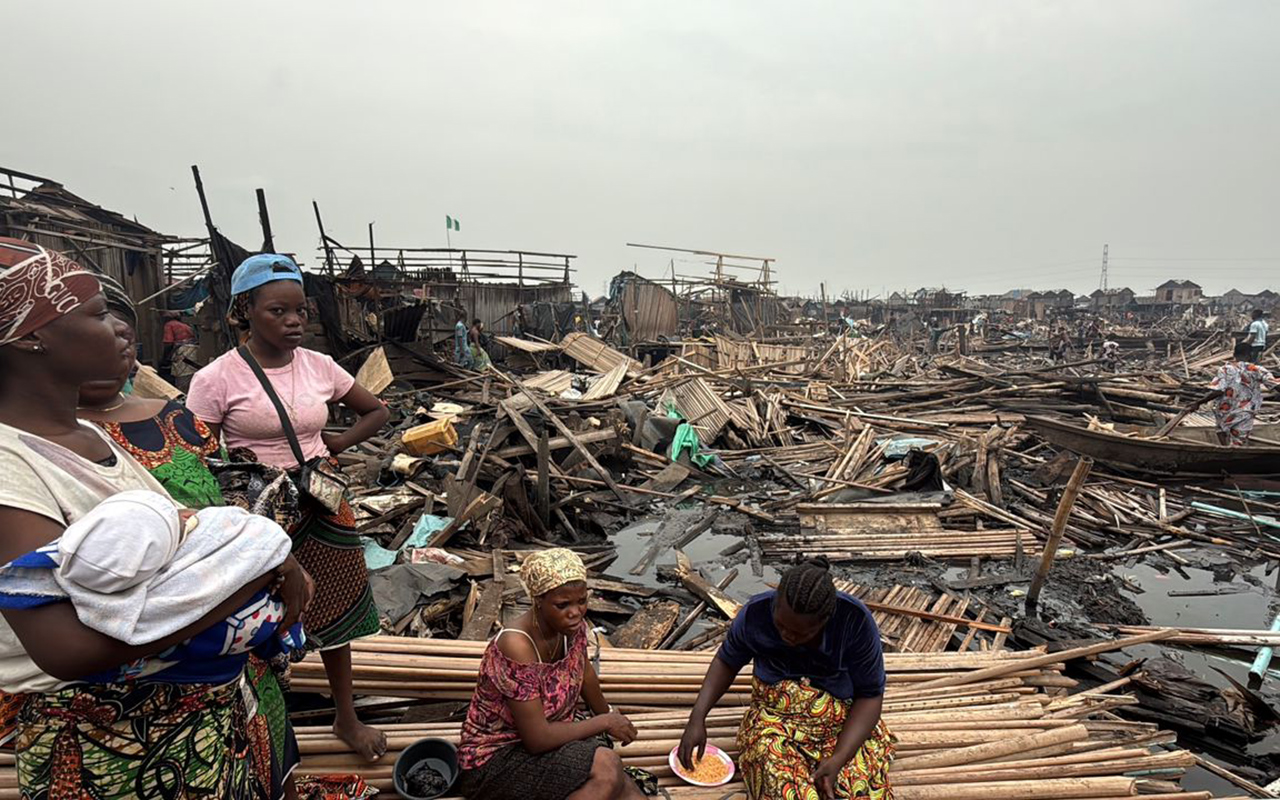In a bid to enhance gender equity and social inclusion in governance, stakeholders from various backgrounds have vowed to mobilise women and persons with disabilities to participate actively in the political processes of Gombe State.
The commitment was made during a stakeholders’ sensitisation town hall meeting organised by the Women Advocates for Peace and Development (WRAPA), Gombe State Chapter, in collaboration with Dandalin Matasa Initiative for Rapid Development, under the Gender Equity, Social Inclusion and Accountability Project supported by Mac Arthur Foundation.
The event, themed “The Unfinished Business,” was held at the State Hotel Kaltungo in the Kaltungo Local Government Area of the state. It drew approximately 45 grassroots stakeholders, including women’s and youth groups, community and religious leaders, and civil society organisations.
The Executive Director of the Dandalin Matasa Initiative for Rapid Development, Bachama Yusuf, explained that the meeting aimed to promote the effective participation of women and persons with disabilities in politics and decision-making processes.
He highlighted the challenges associated with electoral reforms in Nigeria and emphasised the need to implement the ‘Justice Uwais Report’ to strengthen democracy.
He urged stakeholders to demand accountability for gender equity and social inclusion in governance.
In her remarks, the Programme Officer of the WRAPA national secretariat, Zainab Abdulrasheed, commended the stakeholders for their dedication to mobilising women and persons with disabilities to improve governance, accountability, and service delivery.
WRAPA State Coordinator, Anita Dogo, noted the organisation’s efforts in advancing women’s rights and participation in politics.
She expressed concern over the low representation of women in governance in Gombe State, citing the absence of a single female member in the State House of Assembly and the minimal presence of women and persons with disabilities in local government councils.
The stakeholders resolved to take a significant step towards promoting inclusive governance and gender equity in the state in the 2027 elections by mobilising women and persons with disabilities to register in large numbers with political parties.






